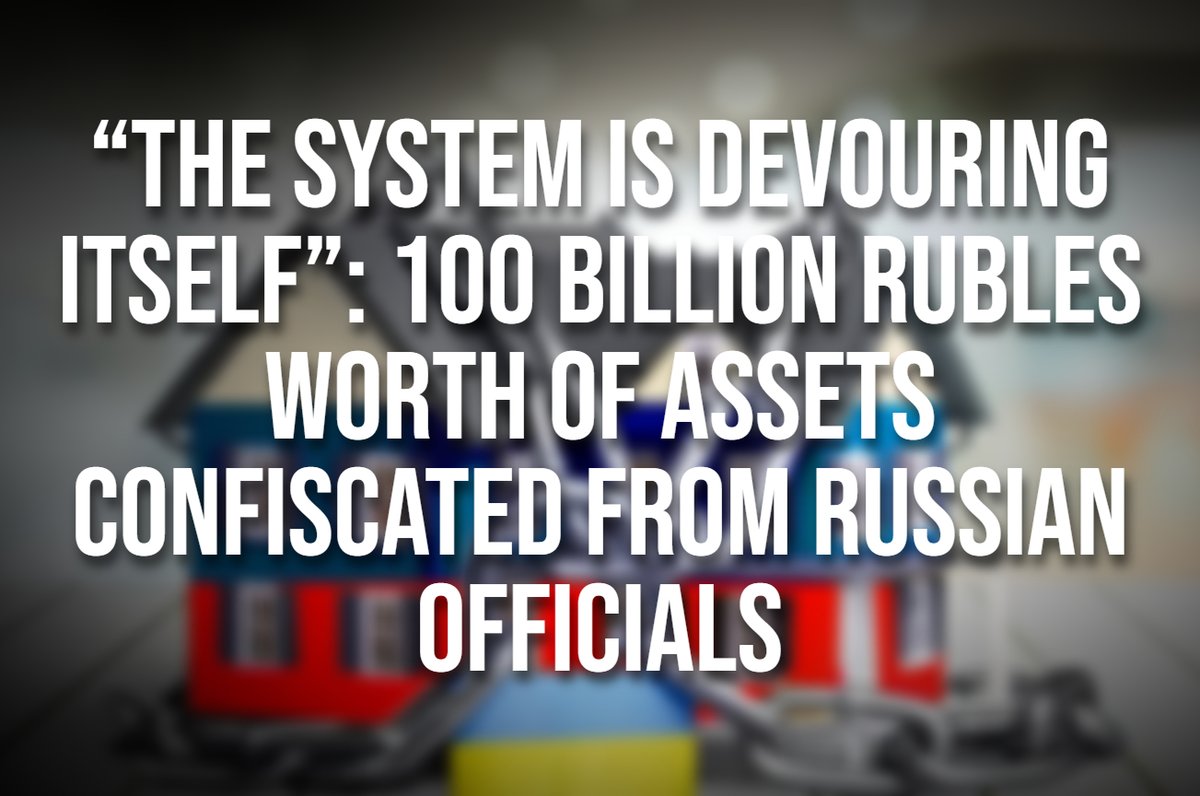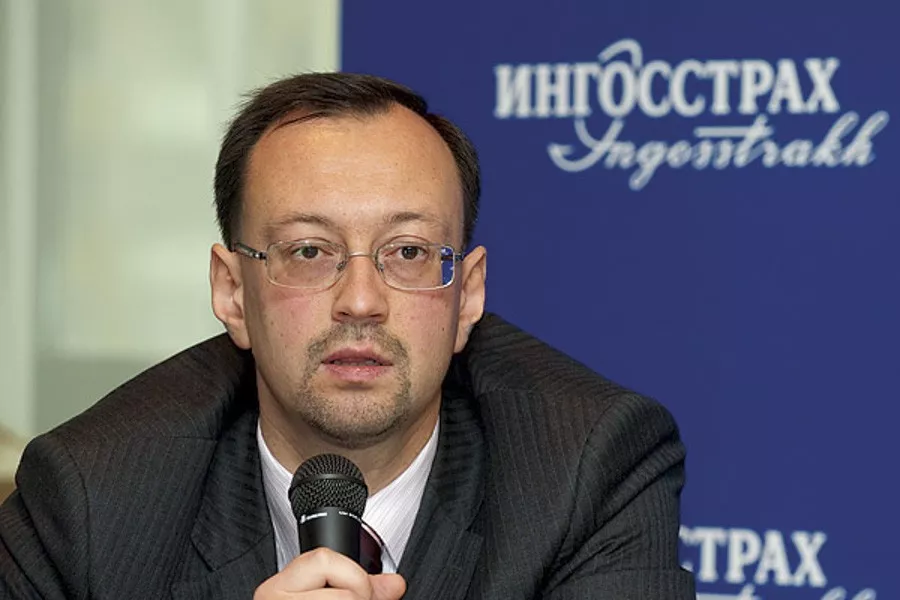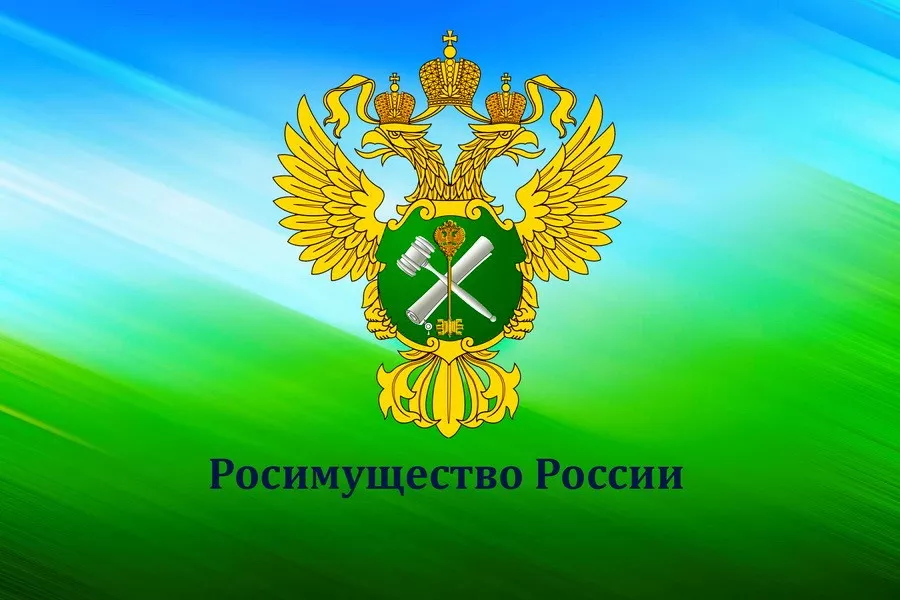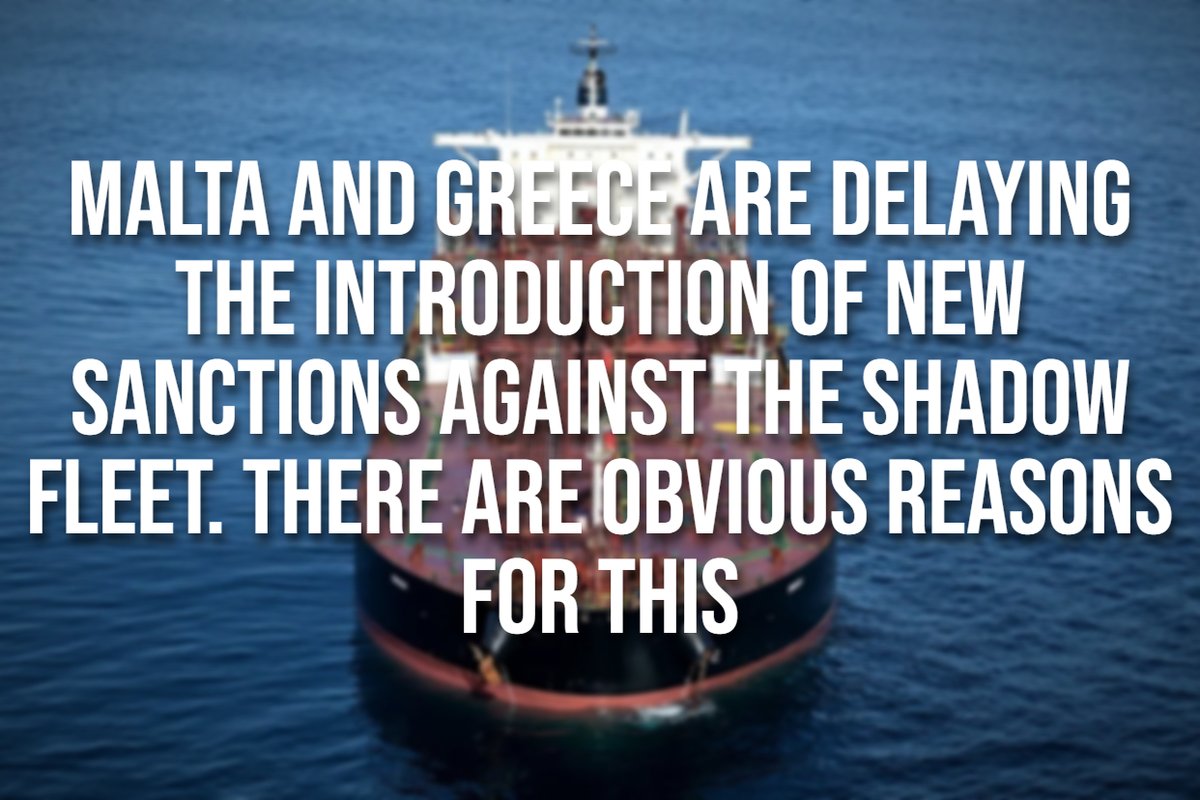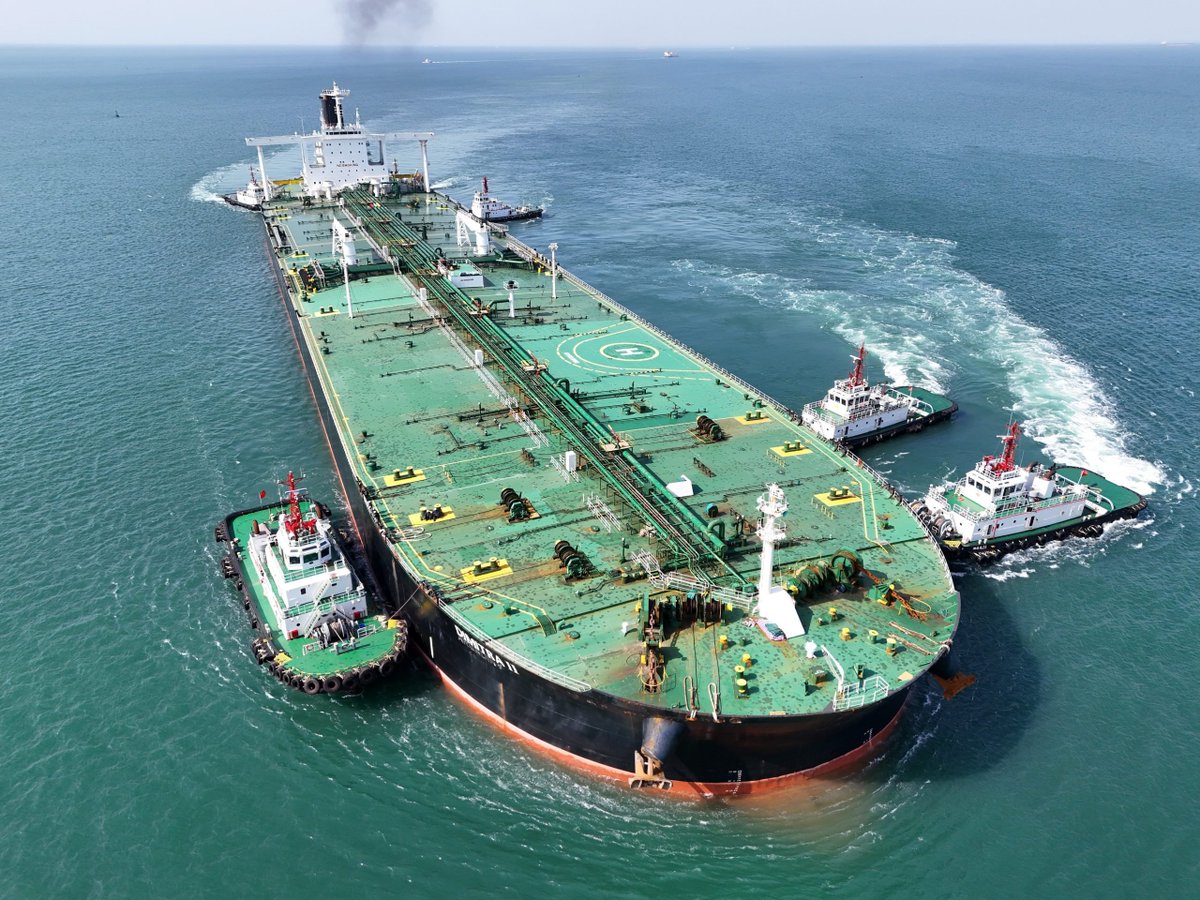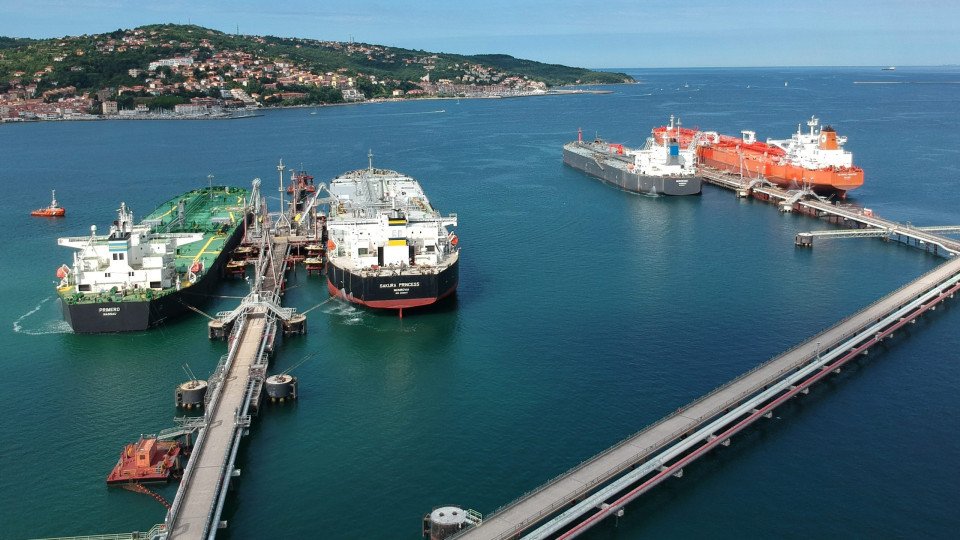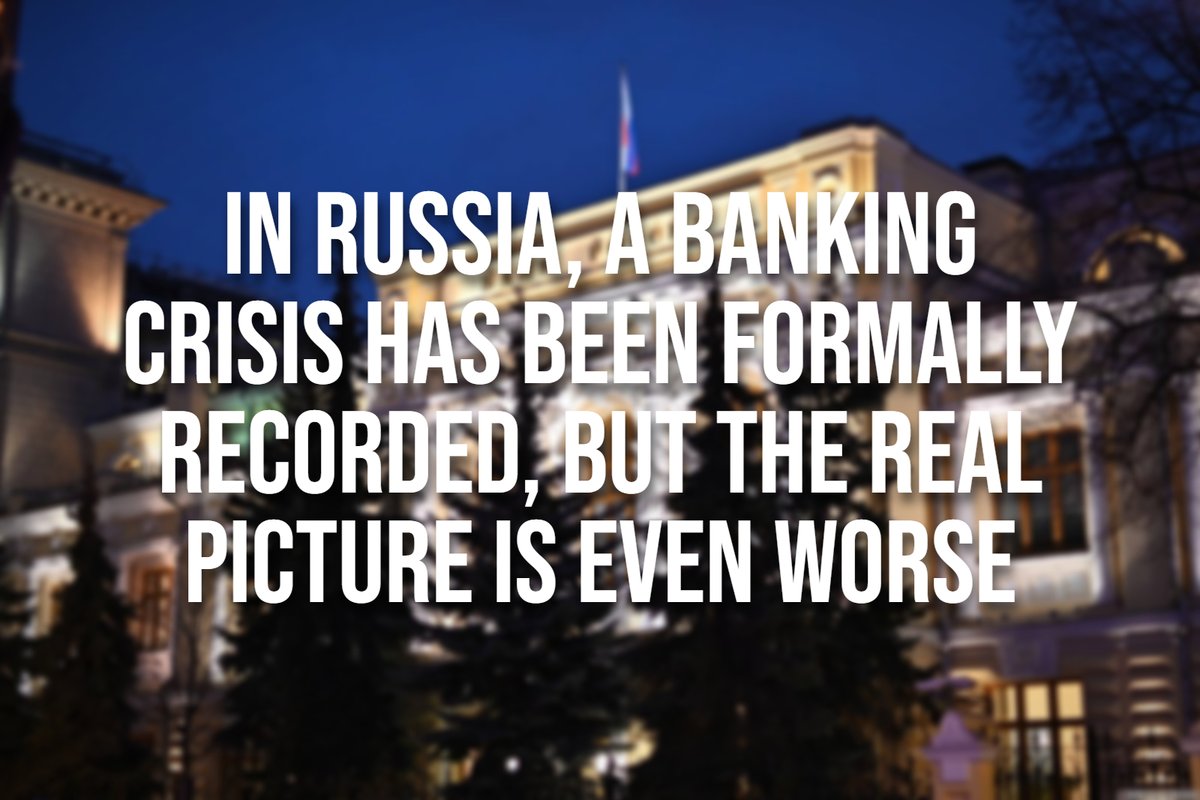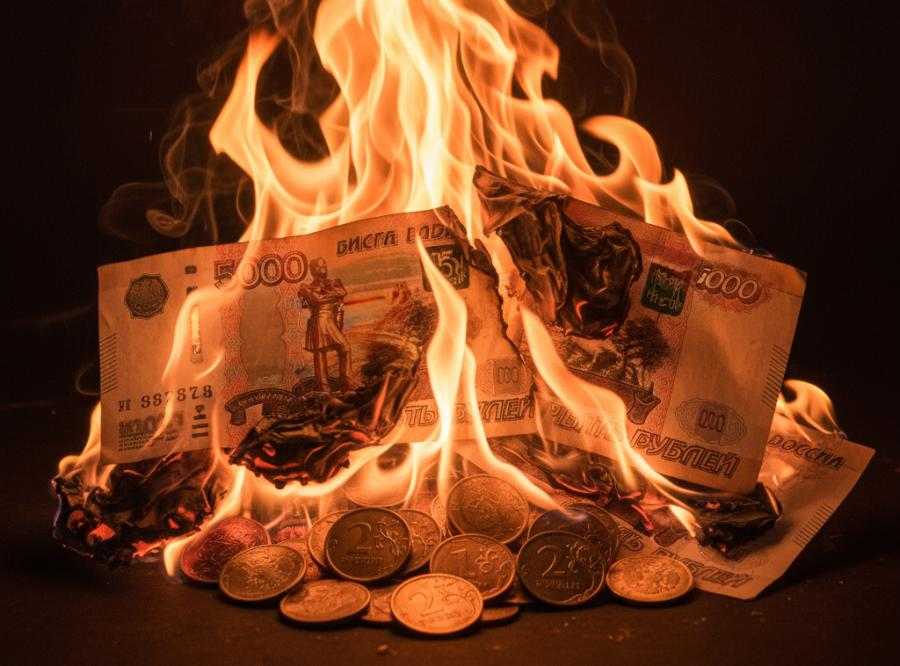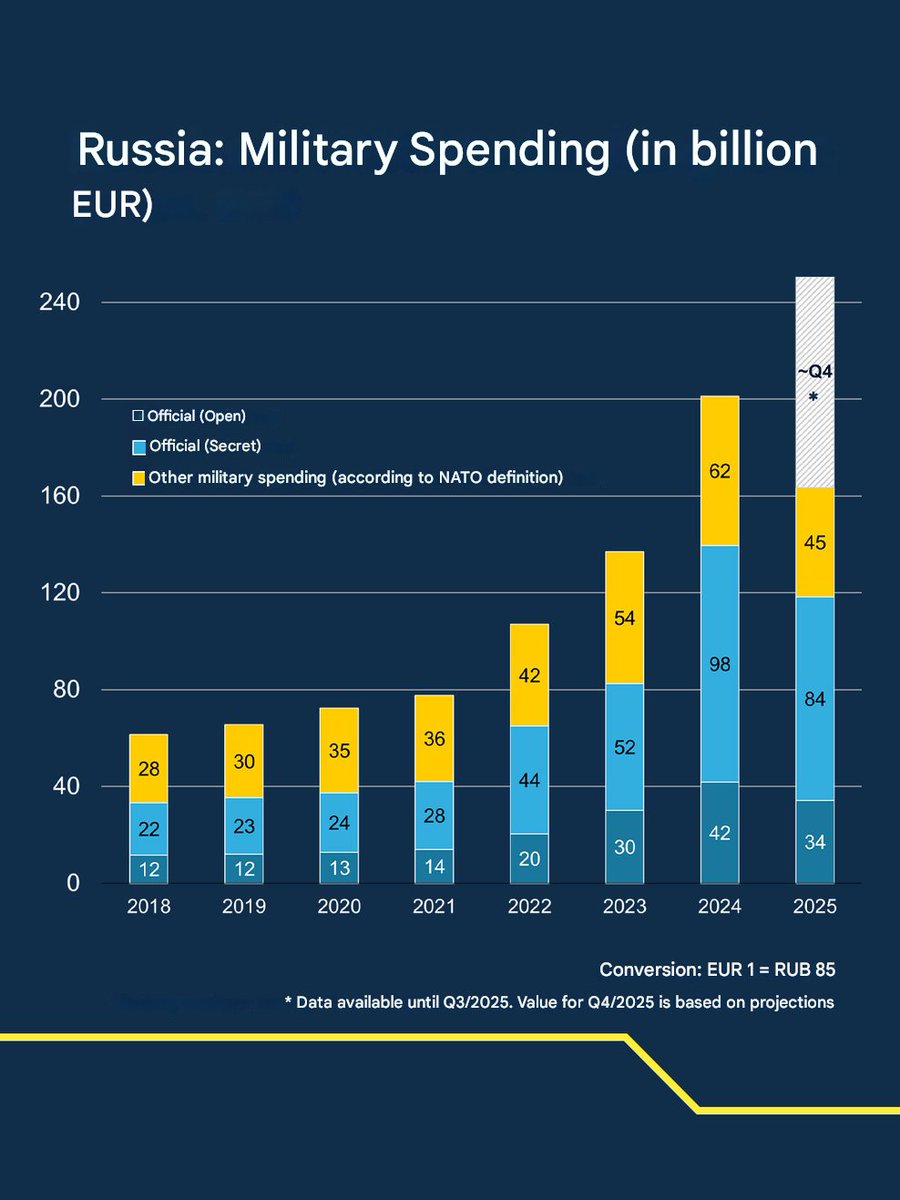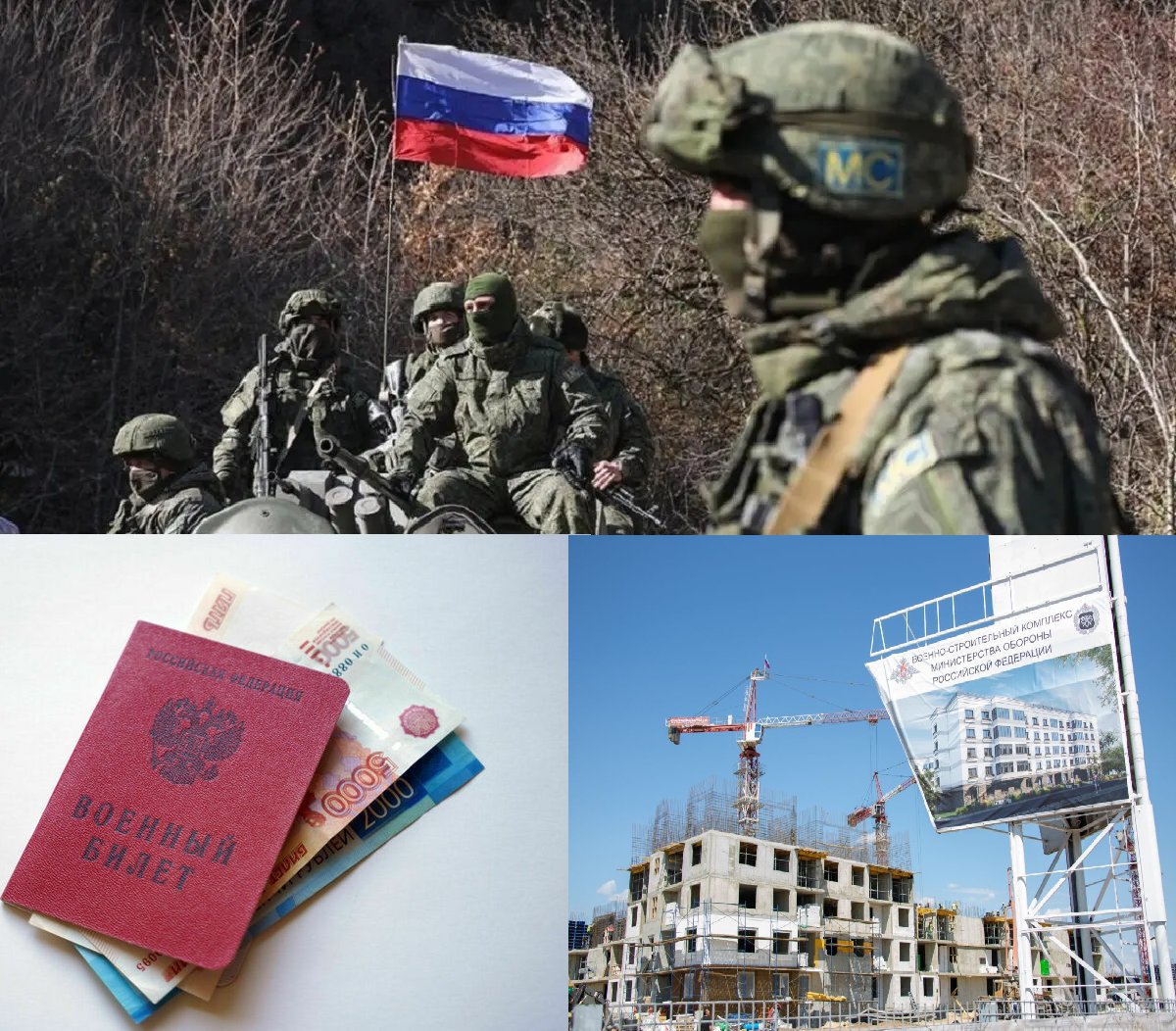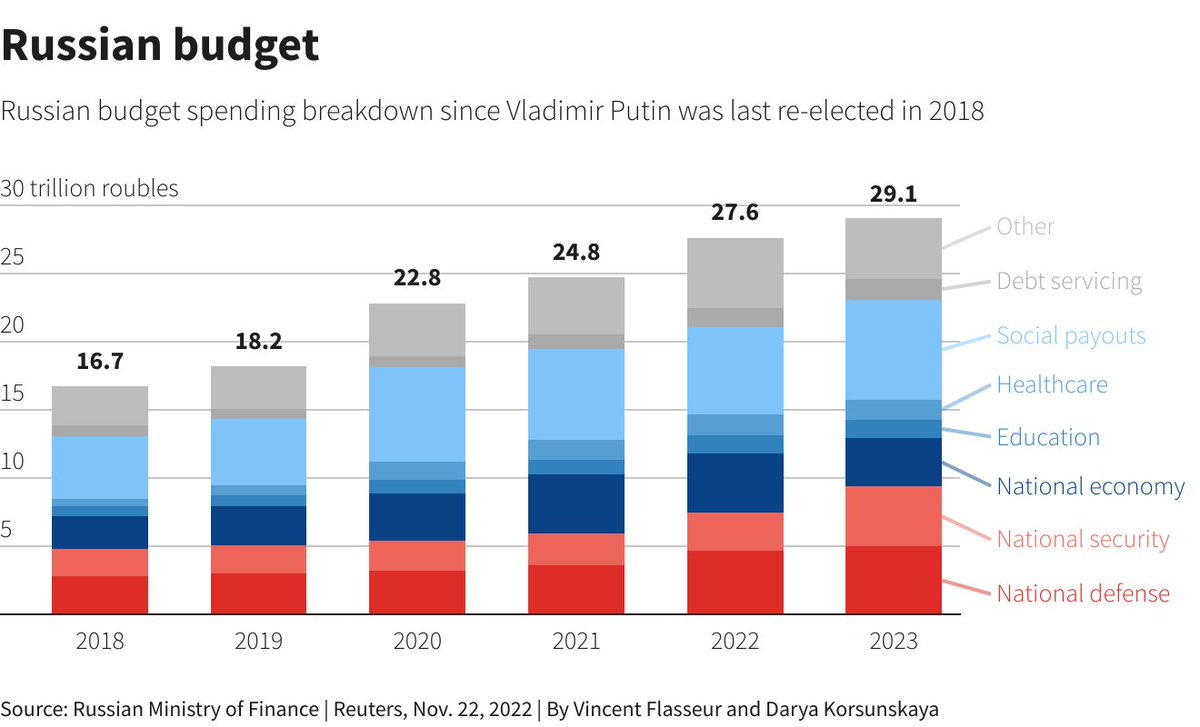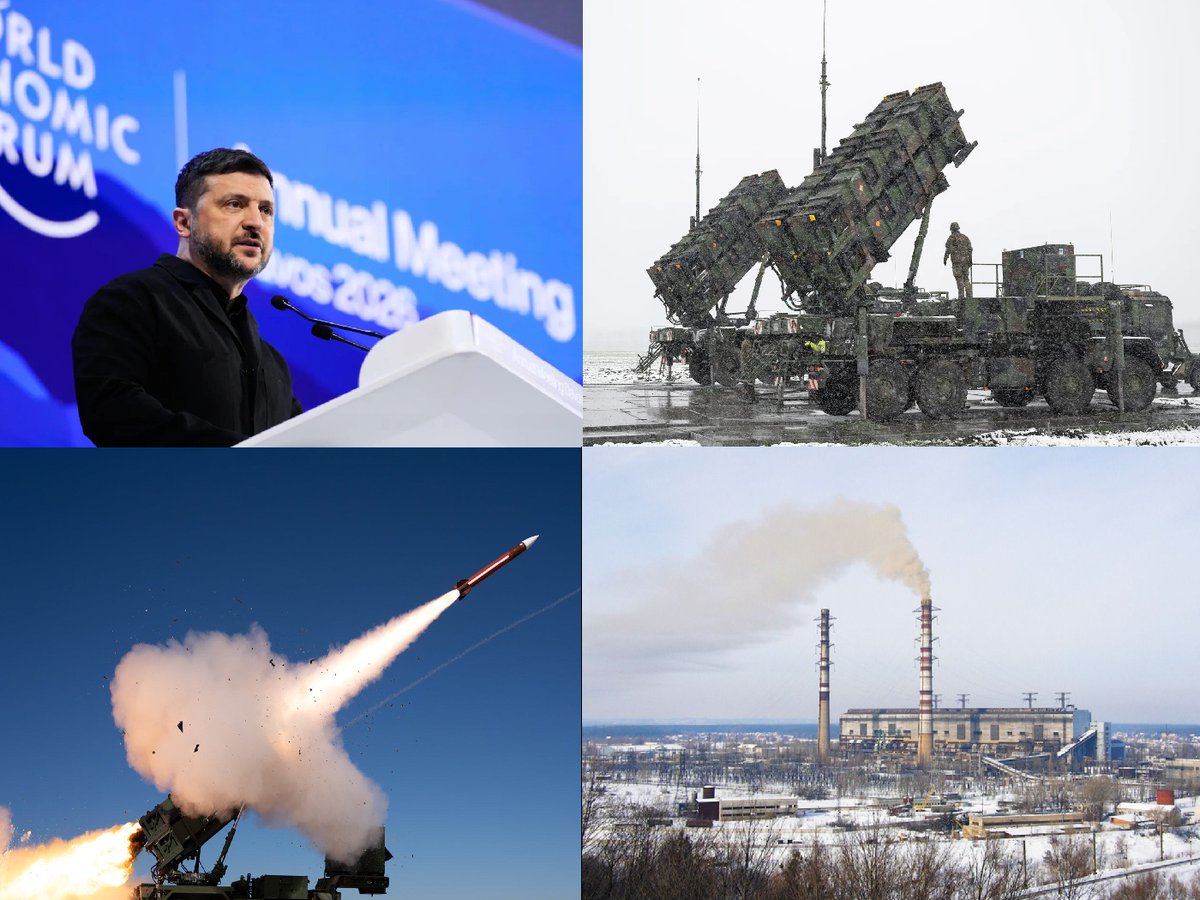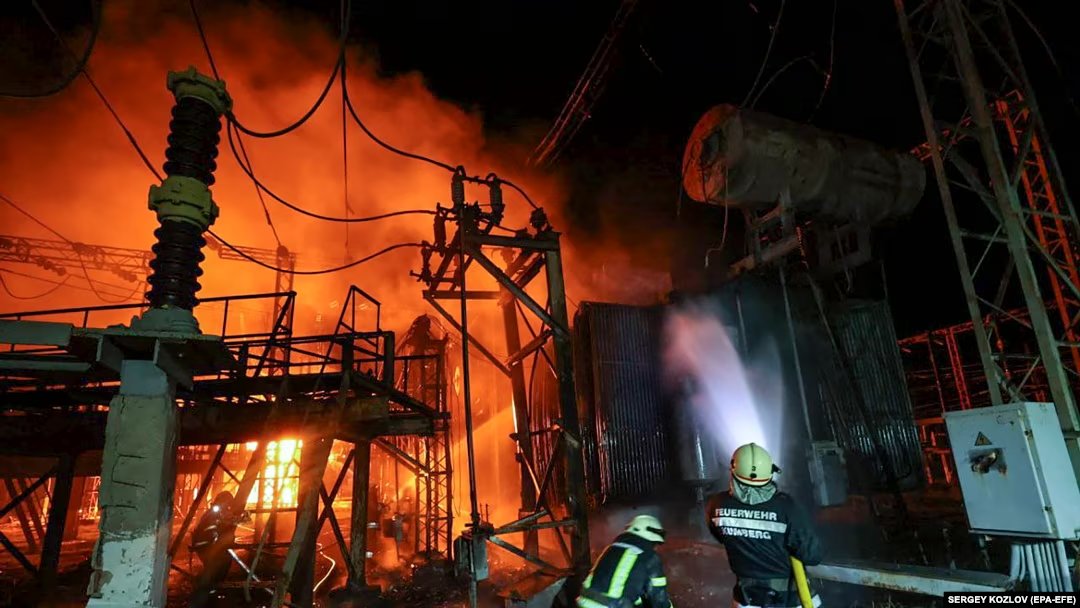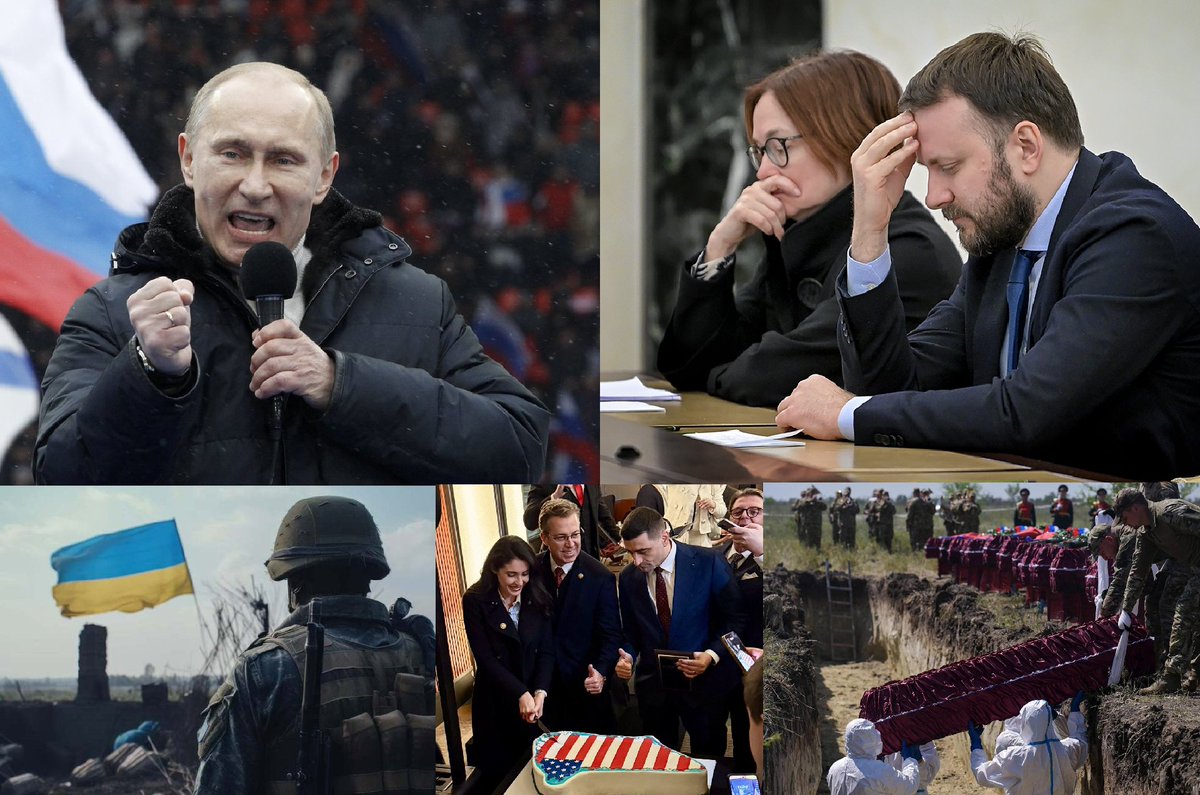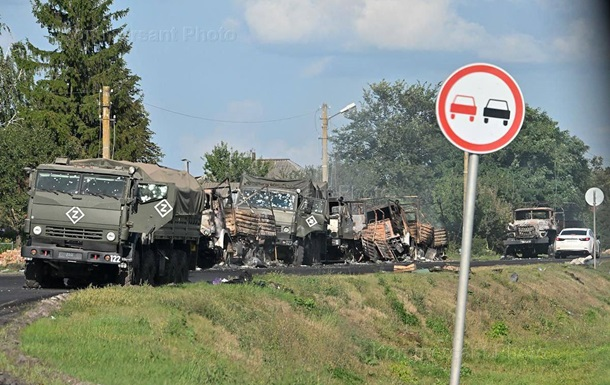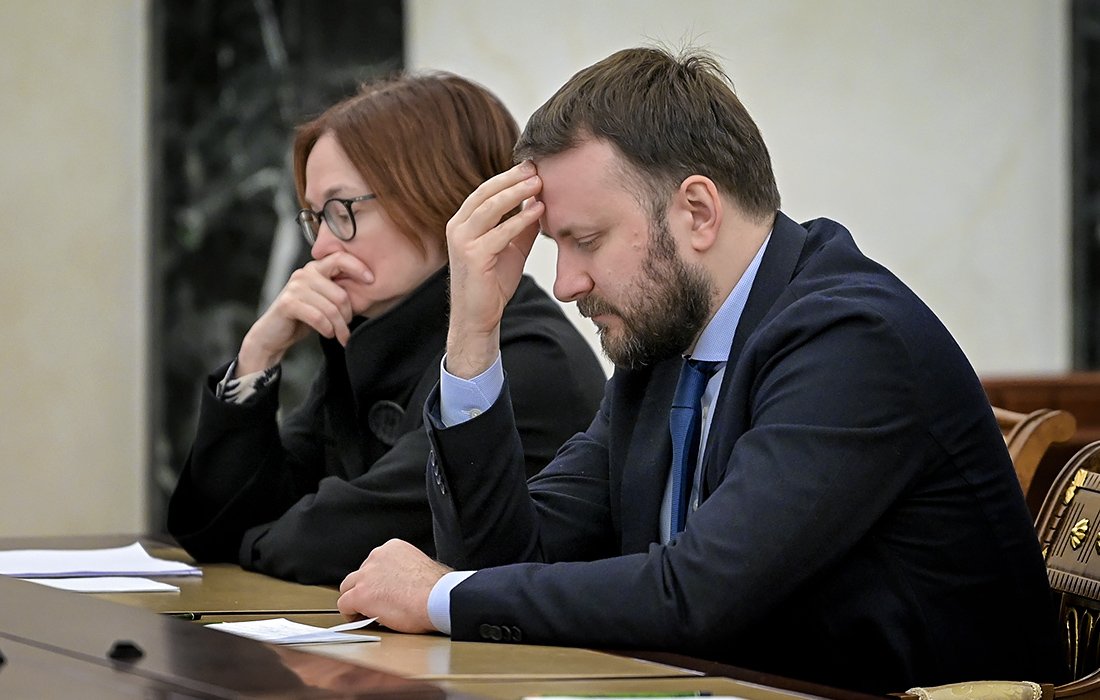Why do Ukrainian prisoners look so terrible? This week, 100 people returned to Ukraine from Russian captivity. Among them, 10 civilians. This is the 53rd prisoner exchange with Russia. Some were in captivity since 2017-2018. Among them are Nariman Dzhelyal, the first deputy
1/20
1/20
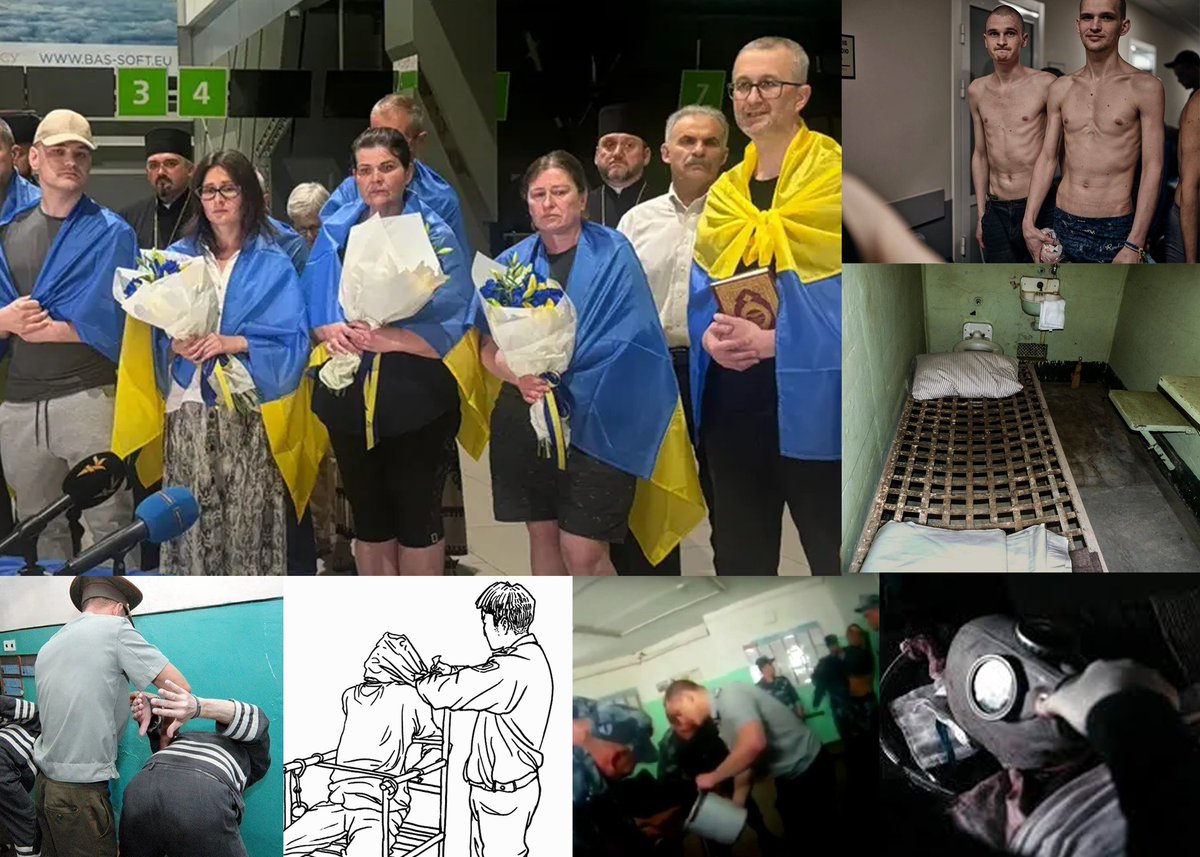
chairman of the Mejlis (representative-executive organ) of the Crimean Tatar people, monks Ivan Levytskyi and Bohdan Geleta. Also a researcher at the Horlivka Art Museum Olena Pekh. She spent 6 years in captivity. Holding civilians captive is another war crime by Russia.
2/20
2/20

There is probably not a single war crime listed in the laws that has not been committed by Russia. Once again, we see in what a terrible state the prisoners returned. The body of Oleksandr Hrytsiuk, who died in captivity, was also returned. He was held for 2 years and
3/20
3/20

eventually died. What happens to prisoners on Russian territory? We all understand that something terrible, that they are tortured and so on. But what these people go through is a real concentration camp. A GULAG, which in fact never completely disappeared from Russia.
4/20
4/20

Imprisonment in Russian prisons has always been a horrific experience for anyone who ended up there, but for prisoners from Ukraine, who are automatically classified as "enemies of the people", "fascists" and "lower caste" there is little mercy. Prisoners are also used
5/20
5/20

to blackmail those who remain at large. In March 2024, a Ukrainian soldier was arrested for trying to poison his commanders. It turned out that his parents, who remained in the occupied territory, were captured by the Russians. They were tortured and, under threat of further
6/20
6/20

torture and death, the Russians forced the soldier to go over to Russia's service. Now he faces life imprisonment for treason. This method of recruitment is unfortunately very common. In this way, the Russians force Ukrainians to report on the movement of their troops and
7/20
7/20
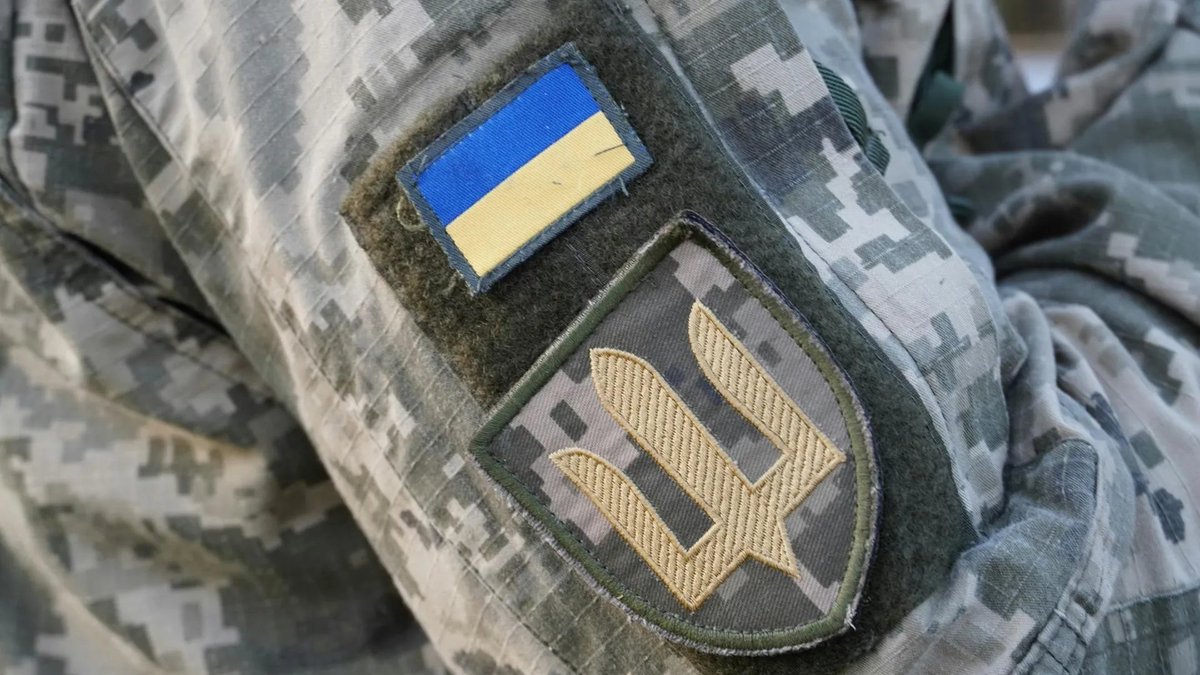
other useful information. However, there are cases when the SBU managed to intervene. In one case, a son received a threat that his father would be killed in captivity if he refused to cooperate. He told the SBU and they began to monitor calls and correspondence, helping
8/20
8/20

with information in order to create the appearance of cooperation. The SBU urges people to contact the authorities if someone finds themselves in such a situation. However, for those who are captured, the fate is terrible. Torture in Russian captivity exists not only to
9/20
9/20
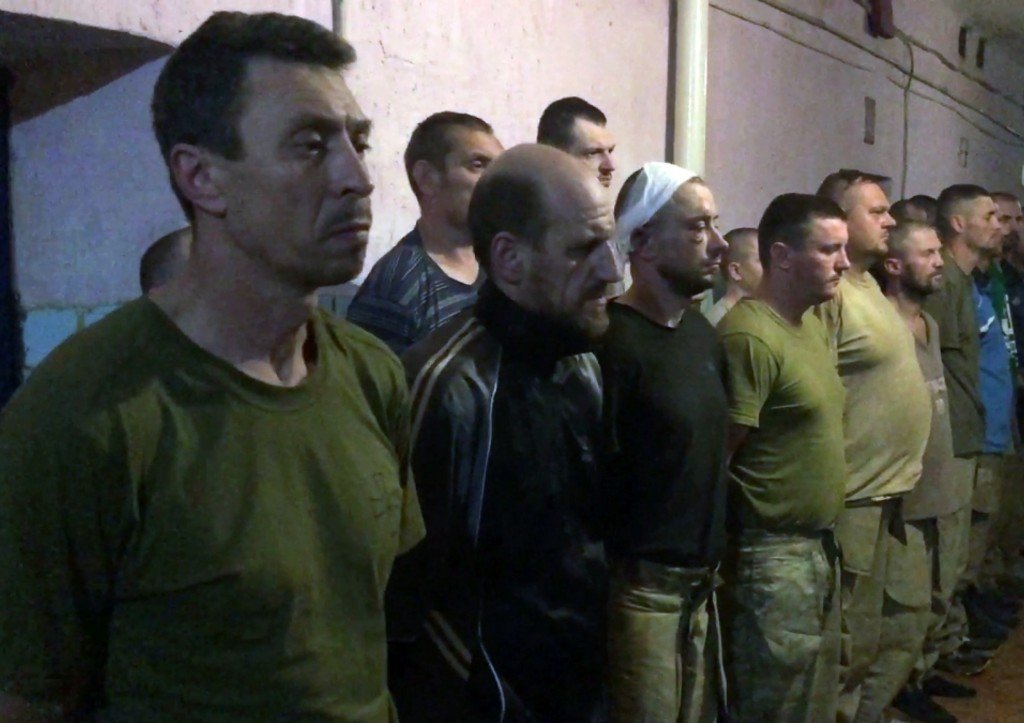
obtain information, but also simply as entertainment for guards. Drunk guards can come at any time and start torturing just for their own pleasure. The very conditions of detention are already torture. Humid cells stuffy in the summer, cold in the winter. Minimal food -
10/20
10/20

often just a plate of thin gruel per day. Russians feed little and the portions are deliberately different. Some get more, some less. So after a while the prisoners start to quarrel over food. Wire beds without mattresses, a toilet in the cell, which can be a simple bucket.
11/20
11/20

Any exit from the cell for a walk or to take a shower is also torture. You have to walk past the guards, and they often beat you with a stick or an electric shock. The shower is deliberately located in another building, and in the winter people freeze while standing
12/20
12/20

in line. Everyone is allowed only 3-5 minutes to wash. When a person arrives to prison, no one escapes beatings. This is a tradition that Russians call "propiska", which means registration. Then interrogations with torture begin. Prisoners are called in turn to give
13/20
13/20
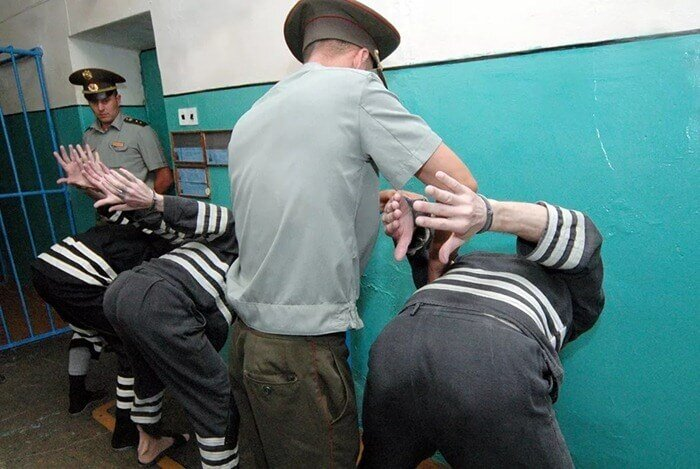
evidence. The Russians force them to confess to crimes against civilians, then give them prison terms for violating the rules of war. Torture has long been perfected since the times of the GULAG. There are many of them. "Hanging" - when the prisoner's hands are handcuffed
14/20
14/20

behind his back, then the handcuffs are attached to the bars of the cell so that his feet do not touch the floor. "Elephant" - they put on a gas mask and squeeze the hose, and when the prisoner starts to lose consciousness, they open the hose and shock him to bring him to
15/20
15/20

his senses. Torture with electric current is one of the most common. Wires to the genitals, chest, limbs. Often this is accompanied by pulling out or burning nails. "Diver" - a person is lowered head first into a bucket of water or into a toilet - until the person starts
16/20
16/20
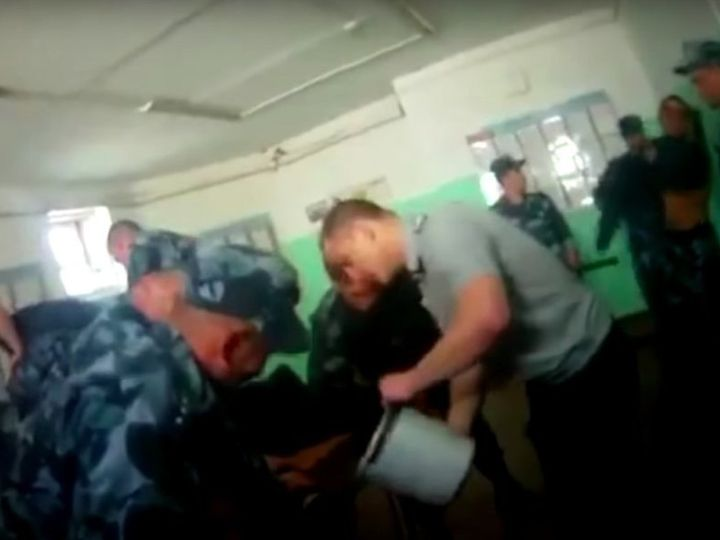
to choke, then electric shock again. Anal rape is common. They use everything they can - batons, mop handles, even turned on kettles for water heating. Noose. Any rope, belt or rubber band can be used, which are most often not used on their own, but with a bag put on the
17/20
17/20

prisoner's head. Sometimes, to enhance the effect, pepper spray is sprayed into the bag. And many more. Constant psychological pressure is also used. They don't let you sleep, they make you stand in your cell for hours, squat naked in a crowd, and much more. The prisoners
18/20
18/20

are completely cut off from information and are told that Kyiv, Odesa, and Kharkiv have long been captured by Russia. Women are tortured, can be raped, often by a group. A woman can also become a slave for the prison warden. She must wash, clean, and satisfy his pleasures.
19/20
19/20
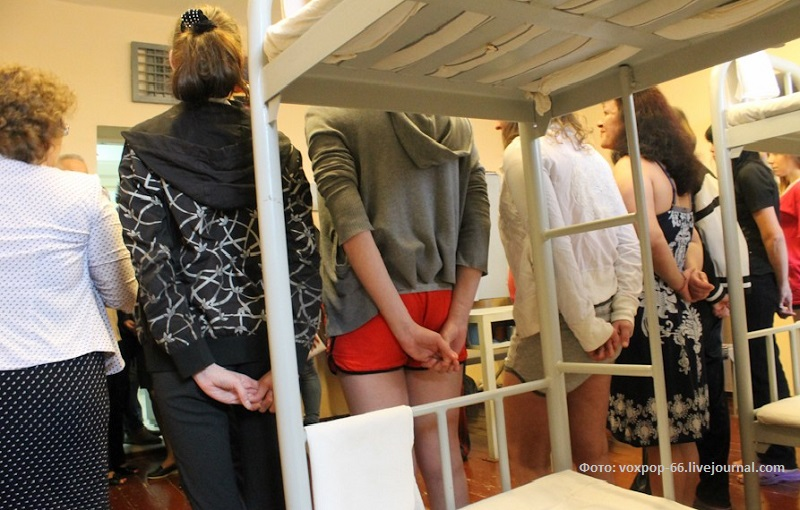
Prisoners do not receive medical care and their health always deteriorates significantly. Some people can't take tortures anymore and end up committing suicide. Russia is one big torture chamber the size of a country. A GULAG within the borders of a state.
20/20
20/20
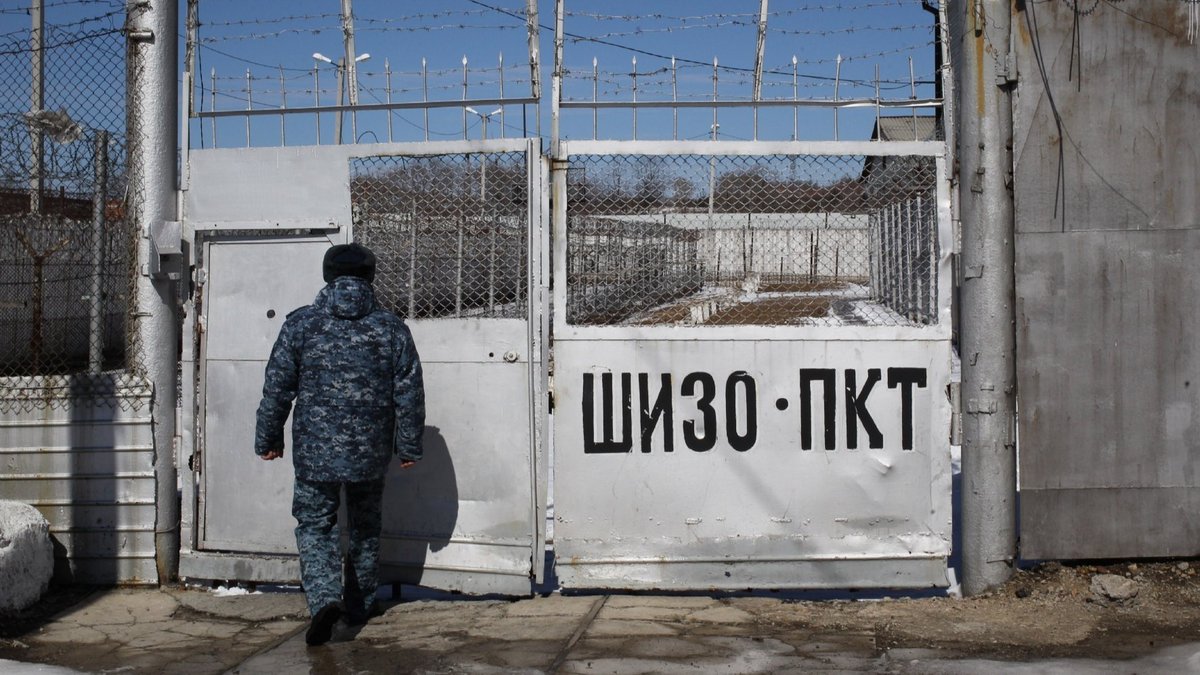
• • •
Missing some Tweet in this thread? You can try to
force a refresh


